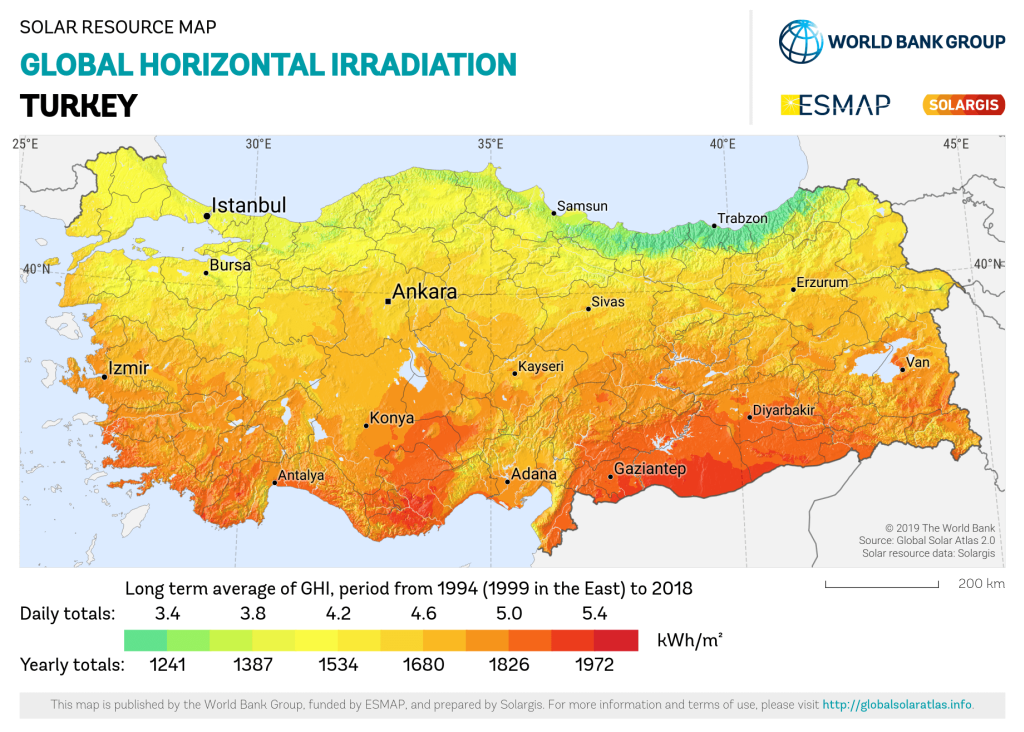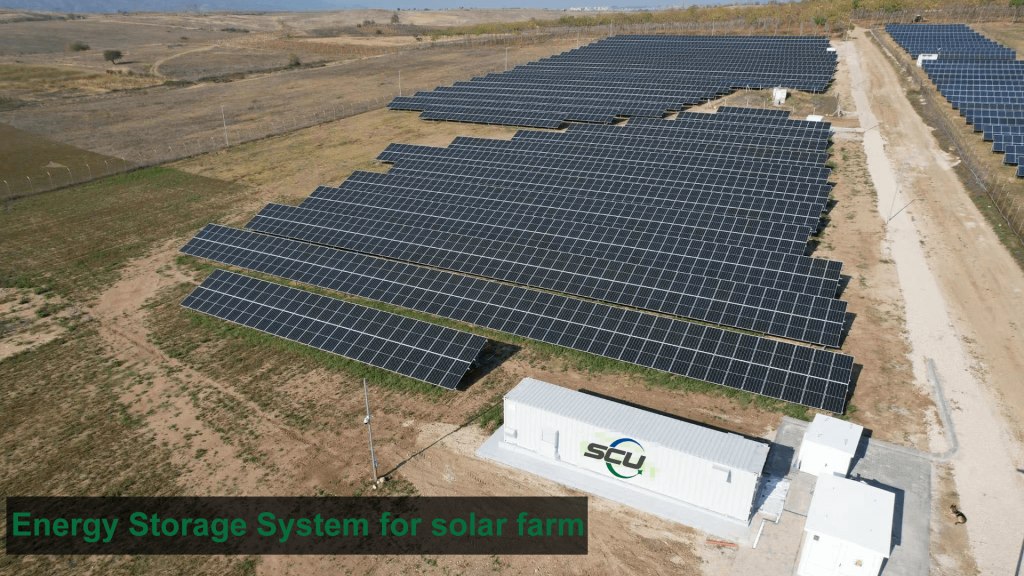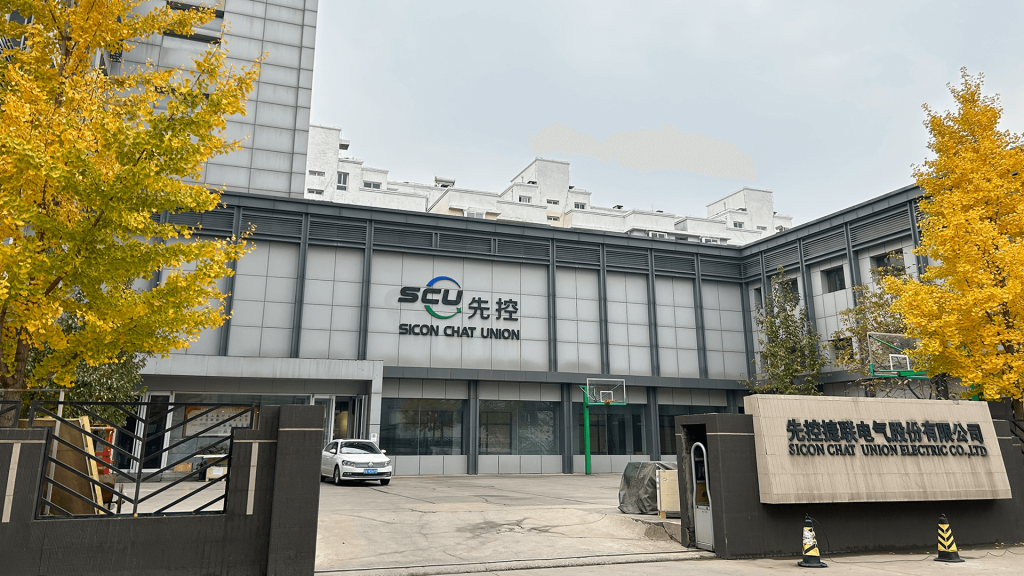The installed capacity of wind and solar power globally has grown steadily in recent years, and the energy storage market is expected to follow suit. Lithium iron phosphate (LFP) battery energy storage technology has significant advantages over other technologies and is becoming the major installed capacity of new energy storage globally, according to Taiwan (China)-based analyst TrendForce.
The global energy storage market has maintained rapid growth in recent years. Looking ahead, the global energy storage market will expand rapidly.
At present, the overseas energy storage market represented by Europe is showing rapid growth.
Turkey is part of Asia, but like Europe, it is highly dependent on external sources of energy. Turkey imports almost all of its oil and other energy resources, which has long been a burden on its economy. In particular, the Russia-Ukraine conflict has further exacerbated the energy crisis, so Turkey wants to quickly increase the share of renewable energy to meet its energy needs.
Turkey is rich in solar energy resources and has advantages in the development of solar power generation. Photovoltaics have grown rapidly in recent years, and large photovoltaic plants can sell electricity to the grid for profit. Turkey’s sunny climate is ideal for producing solar energy. Turkey has about 2600 hours of sunshine per year (about 7 hours per day) and an annual average solar irradiance exceeds 1 million terawatt hours, which is about 1500 kW•h/ (m2•yr) or more than 4 kW•h/(m2•d). So although Turkey is among the countries with the highest solar power potential with around 7 hours of sunshine daily, its potential is still relatively untapped.

With its booming economy and growing energy needs, Turkey has become one of the most promising emerging solar markets in the world. At present, commercial rooftop systems with an installed capacity of up to 1 MW and ground-mounted facilities with an installed capacity of more than 1 MW are the main growth areas of the country’s photovoltaic market.
By 2026, Turkey’s renewable energy capacity will expand by more than 50%, and solar energy will account for about 80% of the country’s total renewable energy growth.
Systems producing over 5 megawatts (MW) of power must be licensed by the Energy Market Regulatory Authority if they feed into the grid. And the government stipulates that it is easier to obtain grid connection permits if energy storage is installed together with photovoltaic power plants. If total electricity generated by solar panels exceeds 50% of the capacity of the local distribution transformer, no more will be approved in that area. So BESS (battery energy storage system) is necessary for extra generation of solar energy.

Turkey’s energy storage market has been “fully open”, with energy companies allowed to develop energy storage facilities, whether stand-alone, integrated with grid-connected generation or combined with energy consumption, such as large industrial facilities.
Now, Turkish energy law is being further adjusted to accommodate energy storage applications, enabling them to manage and increase renewable energy capacity while easing grid capacity constraints. SCU, which is professional on the energy storage solutions, good at on commercial and industrial BESS applications, we welcome the inquiries from anyone who has the BESS demands all over the world.

